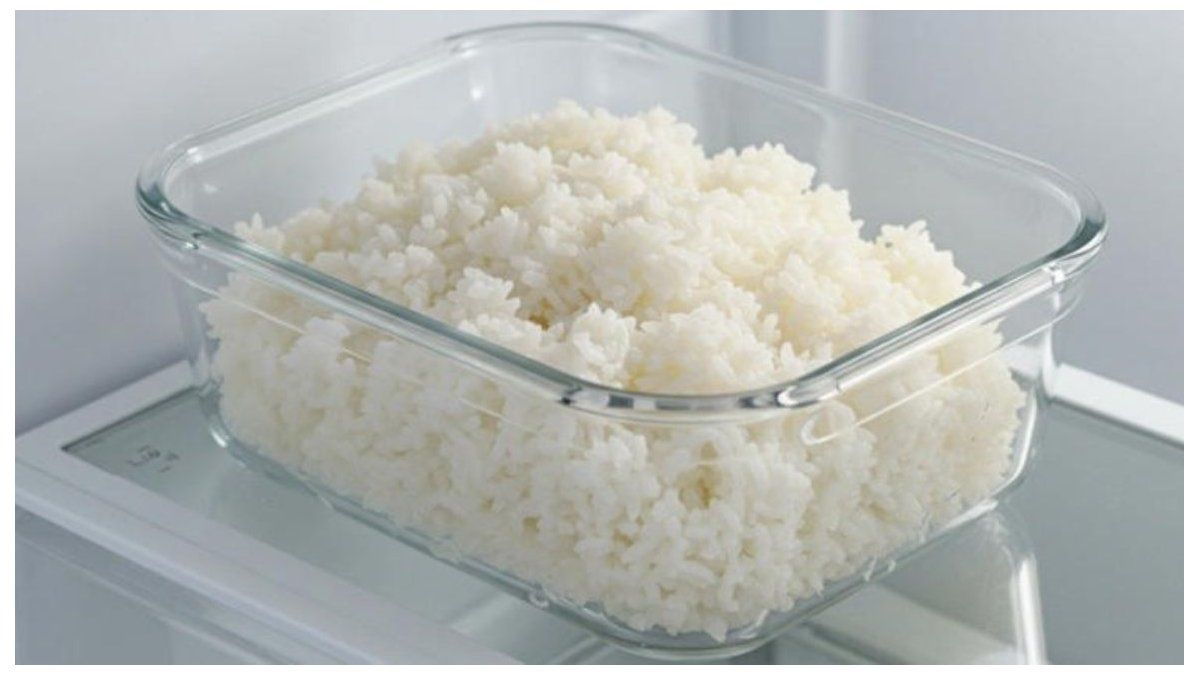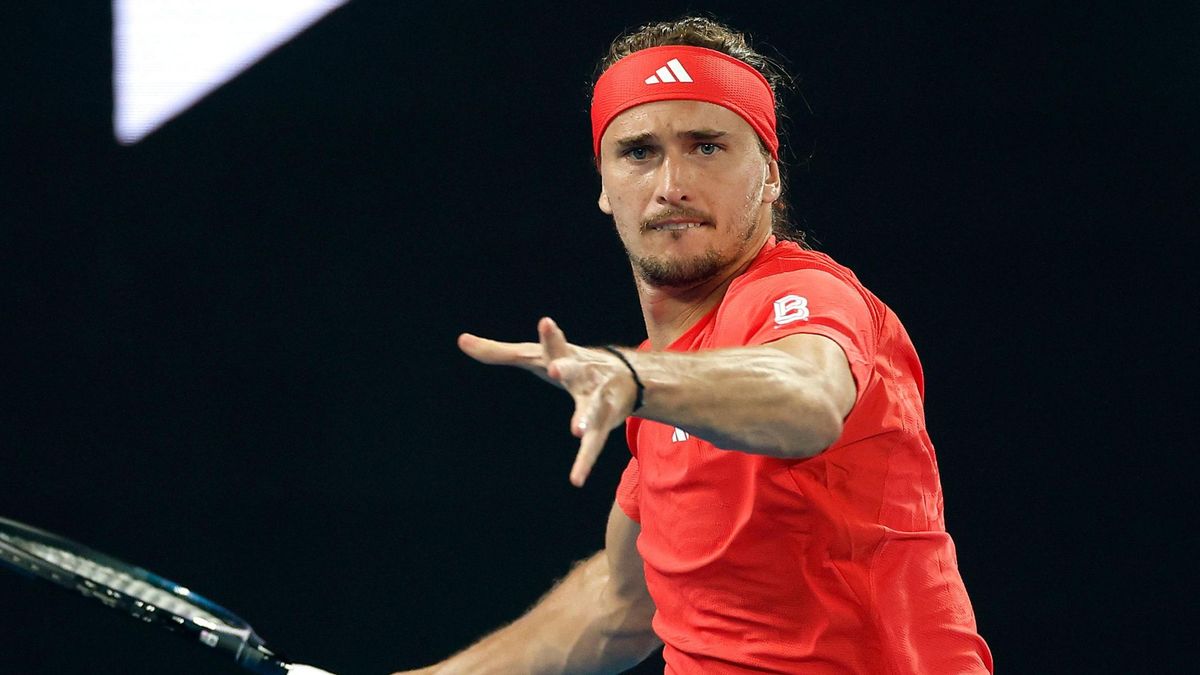Most recently, the two candidates attacked each other in TV debates. Hardliner Jalili is counting on voters loyal to the system, while reform candidate Peseschkian is counting on the disappointed masses. Can he change the minds of non-voters?
The presidential runoff election is underway in Iran. Around 61 million people are being called upon to choose between the politician Massoud Peseschkian, who is considered a moderate in the country, and the hardliner Said Jalili. Head of state and religious leader Ayatollah Ali Khamenei opened the election in Tehran this morning. The election is expected to determine the successor to the current incumbent Ebrahim Raisi, who died in a helicopter accident.
The polling stations were normally open until 4:30 p.m. German time. However, the opportunity to vote was extended by four hours. The first results are expected on Saturday.
The so-called Guardian Council, a powerful Islamic control body, approved only six of the 80 applicants. Two of them withdrew. Unlike in many other countries, the president in Iran is not the head of state. The real power is concentrated in the religious leader Khamenei.
Reform candidate against hardliner
The reform candidate Peseschkian is 69 years old and comes from northwest Iran. During the election campaign, the previously rather inconspicuous politician campaigned for new trust between the government and the people, who are immensely disappointed with politics after failed reform attempts, political repression and an economic crisis. Like many politicians from the reform camp, he called for an improvement in relations with the West.
During the election campaign, Peseschkian criticized internet censorship and the repressive actions of the moral police against women who violate the headscarf requirement in public. At the same time, the former health minister declared his loyalty to religious leader Khamenei. In the TV debates, he described himself as a conservative politician who believes reforms are necessary. Critics accuse him of not being able to implement them in the first place given the majority of hardliners in parliament.
Jalili, on the other hand, was a member of the inner circle of power from an early stage and worked in the office of the religious leader. Under the controversial former president Mahmoud Ahmadinejad, Jalili was chief negotiator in the nuclear negotiations. The hardliner enjoys broad support from radical and loyal system supporters. He is considered an iron advocate of the ideology of the Islamic Revolution in Iran.
Little election mood, much frustration
In the first round last Friday, voter turnout reached a record low of around 40 percent, according to official data. This reflects the great disappointment, especially among the younger generation, who have lost faith in major domestic political changes. The death of the young Kurdish woman Jina Masa Amini in the fall of 2022 sparked nationwide protests against the Islamic system of rule. Khamenei lamented the low voter turnout, but rejected the interpretation that this was an expression of rejection of the political system.
A week ago, Peseschkian received around 10.4 million votes (around 42.5 percent), while Jalili received 9.4 million votes (38.7 percent). Around 3.4 million people voted for the conservative third-place candidate, Parliament President Mohammed Bagher Ghalibaf. He then expressed his support for Jalili. This means that the conservative camp is going into the round with a slight advantage. Reform candidate Peseschkian would have to convince non-voters in particular to win.
Many people boycotted the election and criticized the political system at the same time. “The difference between the two candidates is ultimately limited to small details that have no impact on the economy and people’s lives,” said Asghar, a 40-year-old supermarket employee in the capital Tehran. Hesam, a student, described the election campaign and the TV debates as staged.
Since the revolution of 1979, Iran’s political system has combined republican and theocratic elements. However, there are no free elections: the Guardian Council’s control body always checks candidates for their suitability. Fundamental criticism of the system is not tolerated, as the suppression of protests in recent years has shown.
Source: Stern
I have been working in the news industry for over 6 years, first as a reporter and now as an editor. I have covered politics extensively, and my work has appeared in major newspapers and online news outlets around the world. In addition to my writing, I also contribute regularly to 24 Hours World.




